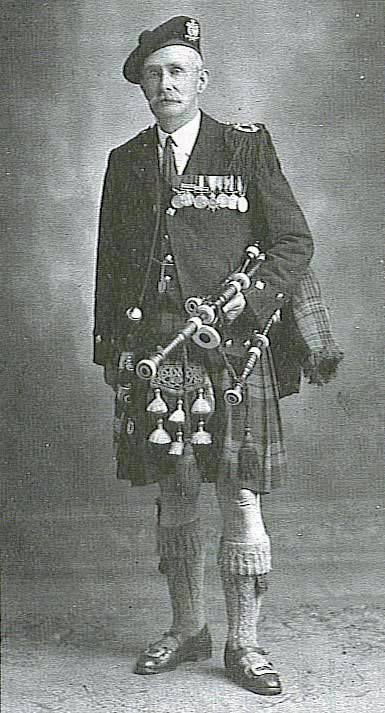Composer? Arranger? Get the royalties you’ve earned
that she wrote, so the MacLeod estate should, too. Thankfully, apparently the rights were well looked after and fair compensation was paid out for performing and mechanical rights because millions of fans enjoyed and paid to listen to the music.
In reality, the MacLeod estate, because they own “Susan MacLeod,” could have told Madonna that she could not use the tune. They could have stopped the whole show in its tracks, if they wished, through what is known as “moral rights,” which the UK upholds (some countries, like the USA, don’t uphold moral rights for copyright holders). But of course there was no real reason to do that, especially if they were compensated fairly.
Had Madonna’s record label and associated companies not paid attention to clearing the rights to use the music, the MacLeod estate could have halted the sale of everything until a settlement was reached.
Any pipe music composer whose music is used without their permission and/or fair compensation on a recording, a radio or TV broadcast could – by rights – demand that the thing be stopped until rights are cleared and compensation is agreed upon.

There are pipe-music composers who look after their rights and those who don’t. The ones who do and whose tunes have gained popularity can earn thousands every year. Those who are even moderately successful can earned a few hundred dollars a year. Unbelievably, there are prominent composers who don’t help themselves and haven’t joined a performing rights organization, so they get zero. The money that is there waiting for them is listed as “unidentified” and it just sits in a pot until it’s identified or until so much time passes that the organization simply gives up and then pays it out in an averaged way to others who are on the radio, like pop-stars.
There are also successful composers who have joined a performing rights organization, but are too lazy or apathetic to register their compositions, so their money cannot be matched with their music.
If you are a composer, it behooves you to have bands play your music in competition. Get your music out there. Get it played. And look after your rights by engaging the right organizations to do that otherwise impossible work of tracking, collecting and distributing for your music.
John McLellan, Dunoon, wrote “The Road to the Isles.” He was a quiet, unassuming man who simply wanted to make nice music, and he did so beautifully. But “The Road to the Isles,” “Lochanside” and other of his compositions have become beloved worldwide. They are routinely played thousands and thousands of times by businesses and at public events worldwide every year. McLellan died in 1949, so there are four years left before his compositions become public domain. McLellan never married and had no heirs, so hopefully someone has looked after his estate. Again, the money for his tunes has been paid by the businesses and events where they have been played over the last 68 years. The money just needs to be matched with the owner of the copyright.
Knowing your rights as a composer is essential to building your career. Performing rights organizations make the process of monitoring, collecting and paying you for your tunes perfectly easy and simple. And the best news is that becoming a member is free.
Who knows? Your next composition could be the next “Road to the Isles,” so it only makes sense to get the money that you have earned.
And even if your tunes have earned only a few dollars, those dollars are yours, and you deserve to receive them.
But you need to help yourself.
Rodney Murphy is Manager of A&R with SOCAN, the Society of Composers, Authors and Music Publishers of Canada.

NO COMMENTS YET